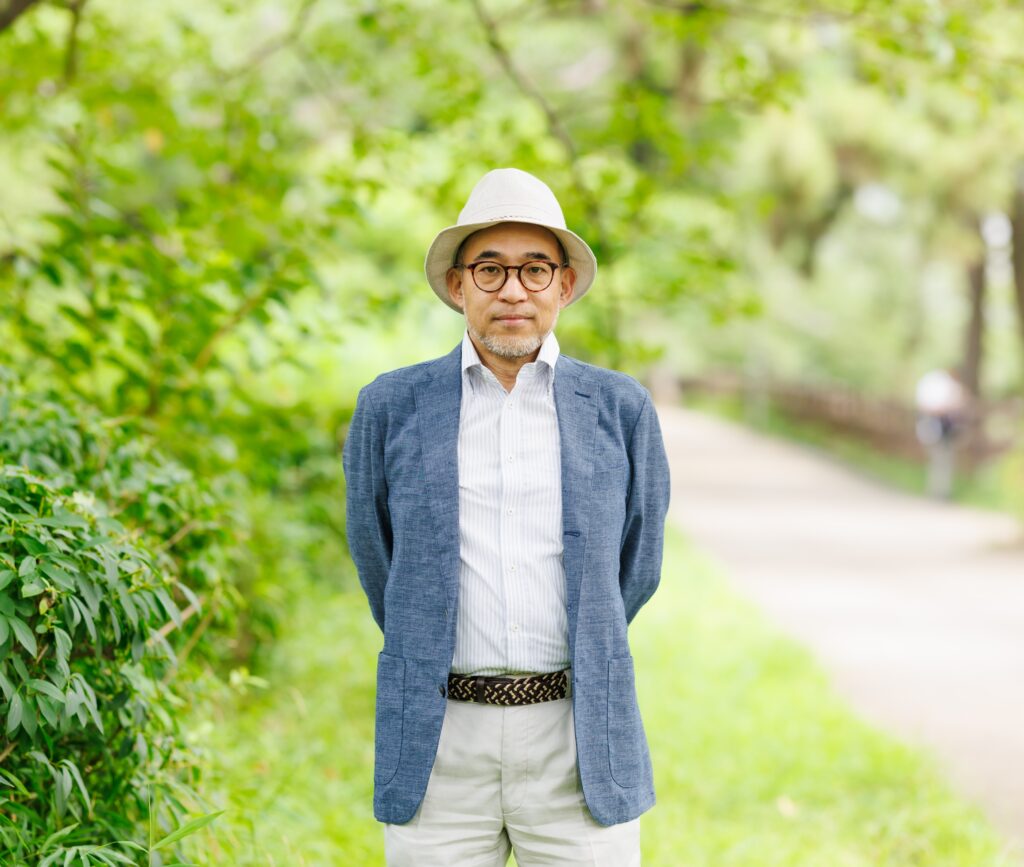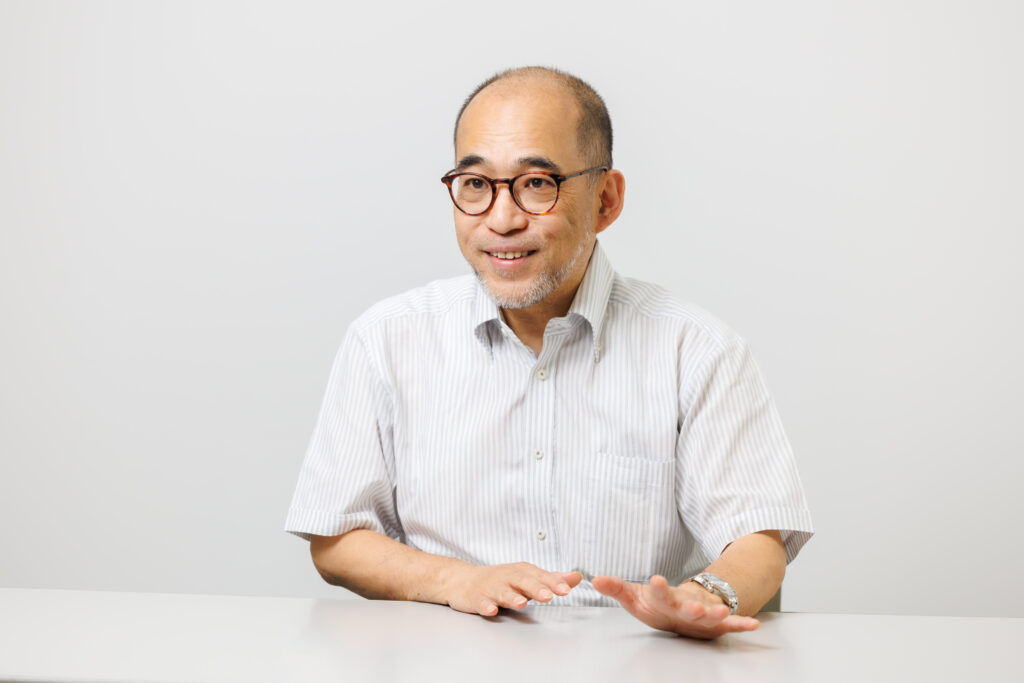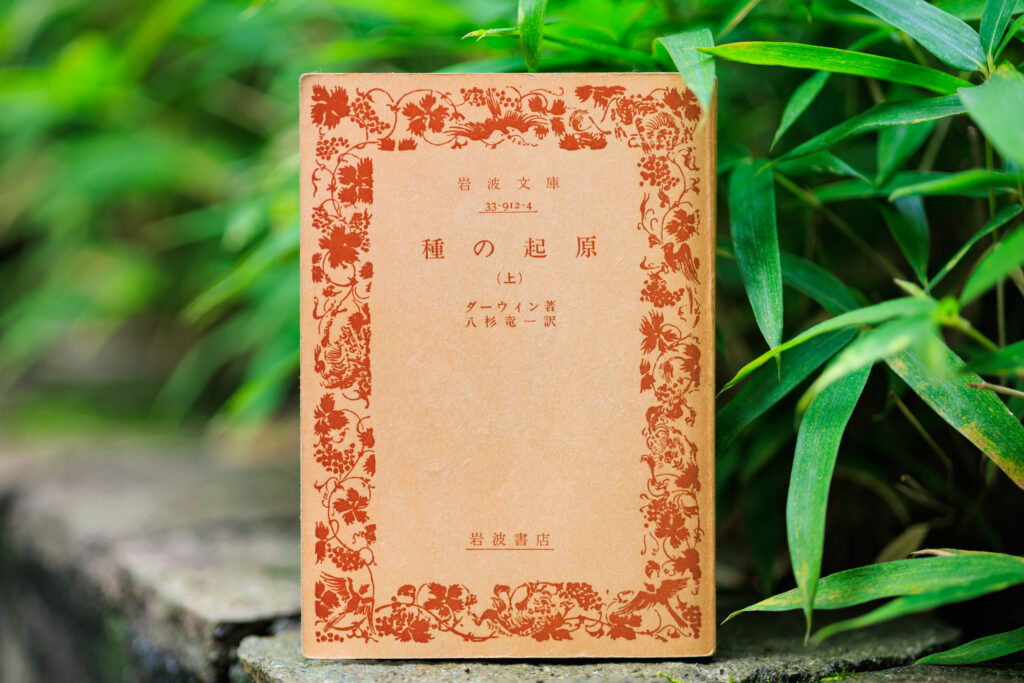
Professor Yoshinari Tanaka from the Graduate School of Global Environmental Studies undertakes research that uses numerical data and measurements to understand the impact of chemical substances on ecosystems. He talks about the importance of evaluating their risks, taking into consideration the effects on food chains and other interactions between organisms of different species.
Shampoos, dishwashing liquids, LCD panel materials, and printer inks—there are countless chemical substances present around us. These substances may have adverse effects on human health and ecosystems, and there is an academic field that studies the harmful effect to ecosystems as well as their impact on human health.
My research is a part of this field, focusing on ecosystems and working on estimating risks to them. My research areas are known as ecology and ecotoxicology.
Researchers in this field narrow their focus to specific species or organisms, and are divided into those who collect data through fieldwork and experiments, and those who analyze data and carry out quantification with mathematical models. I belong to the latter. Using ecosystem-related data from around the world, I select those that allow risk to be assessed with greater accuracy and efficiency, and develop theories relevant for computer simulations.
While my work is quite different from that undertaken by fieldwork researchers, both are essential for furthering research, and it is important to stimulate each other.
Considering interspecific interactions among organisms in ecological risk assessment

Today, in Japan, when there is a new chemical substance, its impact is evaluated by exposing it to aquatic organisms such as algae, water fleas, and fish. Using such data, I studied risk assessment methods that further considered the impact of ecological interactions between species.
Why is it important to consider the impact of interspecific interactions between species? Different species have different roles in ecosystems. For example, primary consumers such as water fleas not only eat algae, but also support the material cycles by functioning as prey for predators. This is called a food chain. When there is less algae due to the impact of chemical substances, there will be fewer water fleas, leading to less fish that prey on them.
In addition, species also differ in their mechanism of reproduction, growth rate, and lifespan. By conducting analyses that incorporate such data, it is possible to evaluate the impact on ecosystems with greater accuracy.
The ecological risk assessment model called A-TERAM has been released as one such research achievement. This software quantifies risk when the necessary data is entered, and it is available free online.
Other than research, I also provide academic support, including participation in government committees related to the assessment and regulation of chemical substances. Going forward, my goal is to conduct further research and develop an assessment method that can be incorporated into the environmental policies.
Research pursuing the evolutionary theories of animal sociality and social communication
Ecosystems provide us humans with plenty of water, air, food such as agricultural and aquatic products, and even relaxation. If the balance of ecosystems is broken we can no longer continue enjoying these benefits. Therefore, I hope to also advance research to protect precious ecosystems. In addition, I also focus on nurturing future generations of researchers, and I am heartened that there are more people interested in this field in recent years.
As a biologist, I am also conducting basic research in theoretical studies on the evolution of social communication systems in organisms. I undertake analyses from the perspective that the evolution of sociality or cooperation may affect the evolution of human nature.
This research area called sociobiology was founded a half century ago, but becomes even more interesting and important for understanding the human evolution. I would like to continue research in this area too. Once I establish my theory, I plan to publish it as a book available to the public.
The book I recommend
“On the Origin of Species”
by Charles Darwin, Japanese translation by Ryuichi Yasugi, Iwanami Shoten

I came across this book when I became interested in ecology at the age of around 20 years old. It discusses the evolution of organisms—including domesticated animals and cultivated plants in addition to living things in the wild—based on many experiments. Today, I still remember that the theory was so clearly constructed that I felt my view on the nature completely changed through reading this book.
-
Yoshinari Tanaka
- Professor
Master’s (Doctoral) Program in Global Environmental Studies
Graduate School of Global Environmental Studies
- Professor
-
Graduated from the Faculty of Agriculture, School of Agricultural Sciences, Nagoya University, and received his Ph.D. in Agriculture after completing the doctoral program at the university’s Graduate School of Agricultural Sciences. Took on several positions—such as professor at Chuo University’s Faculty of Economics as well as section head at the Center for Environmental Risk Research, National Institute for Environmental Studies—before assuming current position in 2016.
- Master’s (Doctoral) Program in Global Environmental Studies
Interviewed: July 2023